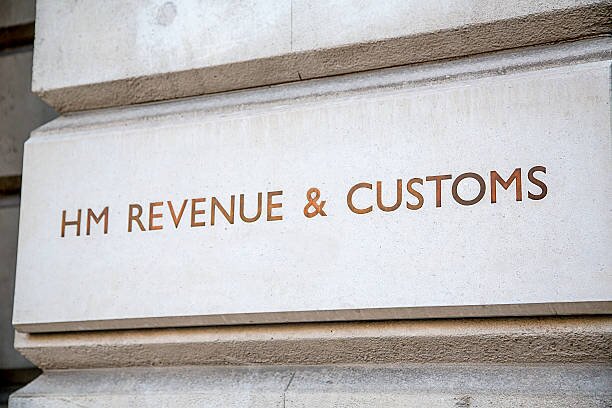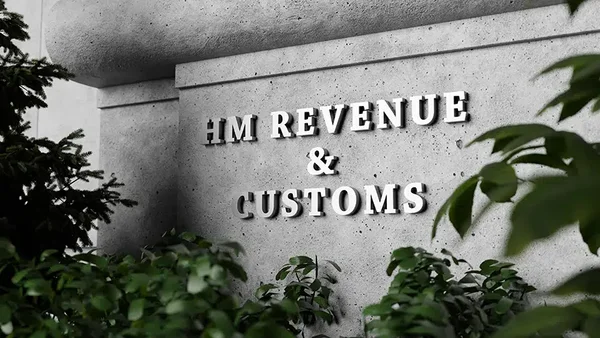HMRC’s focus on high earners
For several years, HMRC has prioritised tackling tax non-compliance among higher earners, who often possess more diverse income streams and financial assets. The department focuses on individuals earning above certain thresholds, company directors, and those involved in investment schemes or with offshore interests.
Officials argue that targeting this group can result in recovering significant sums otherwise at risk of under-reporting or complex structures designed to obscure true liabilities.
Recent increase in tax investigations
In the last year, there has been a marked uptick in the number of tax inquiries launched against high-income individuals in the UK. Official figures and reports from tax advisors indicate that this rise involves not only income tax but also capital gains and inheritance tax matters.
HMRC has confirmed it employs advanced data analytics and cross-referencing with third-party information to identify potential discrepancies in self-assessments and declarations.
Methods used by HMRC
HMRC uses a combination of digital data analysis, information from financial institutions, and international cooperation to detect irregularities. The department has access to a network of tax treaties enabling information-sharing with overseas jurisdictions, widening the net for those with offshore accounts and assets.
These tools support both random compliance checks and targeted investigations based on flagged risks, according to HMRC guidelines.
Political and financial context
The escalation of tax investigations aligns with government objectives to support public services amid challenging fiscal conditions. In June, the Chancellor noted that strengthening HMRC’s enforcement powers was integral to restoring fairness in the tax system and addressing lost revenue.
Successive governments have highlighted closing the tax gap as a policy priority, with HMRC estimating that unpaid tax amounts to billions each year.
Industry and expert reactions
Tax professionals and financial advisers have cautiously welcomed the increased scrutiny, noting the importance of enforcing compliance whilst ensuring procedures remain fair and proportionate.
Some experts warn that more aggressive investigations could unintentionally affect compliant individuals, especially where tax law is complex. According to the Chartered Institute of Taxation, robust oversight must balance deterrence with protecting taxpayers’ rights.
Implications for taxpayers
High earners subject to investigation may need to provide substantial documentation to support their returns. Advisers recommend that those with intricate financial situations review their affairs proactively and seek qualified advice.
The increased likelihood of inquiry creates both compliance pressure and a need for clear recordkeeping. For the majority who pay their dues correctly, these moves aim to foster greater confidence in the system.
Final Summary
HMRC’s increased focus on the tax affairs of high earners signals a determined attempt to reinforce compliance and recover public funds. This shift not only seeks to deter deliberate wrongdoing but also reassures the public about the fairness of the tax regime.
As enforcement efforts intensify, affected individuals are urged to review their financial arrangements and consult advisers where necessary. Staying updated with reliable tax information can be aided by using platforms such as the Pie app, helping taxpayers remain informed and compliant.











